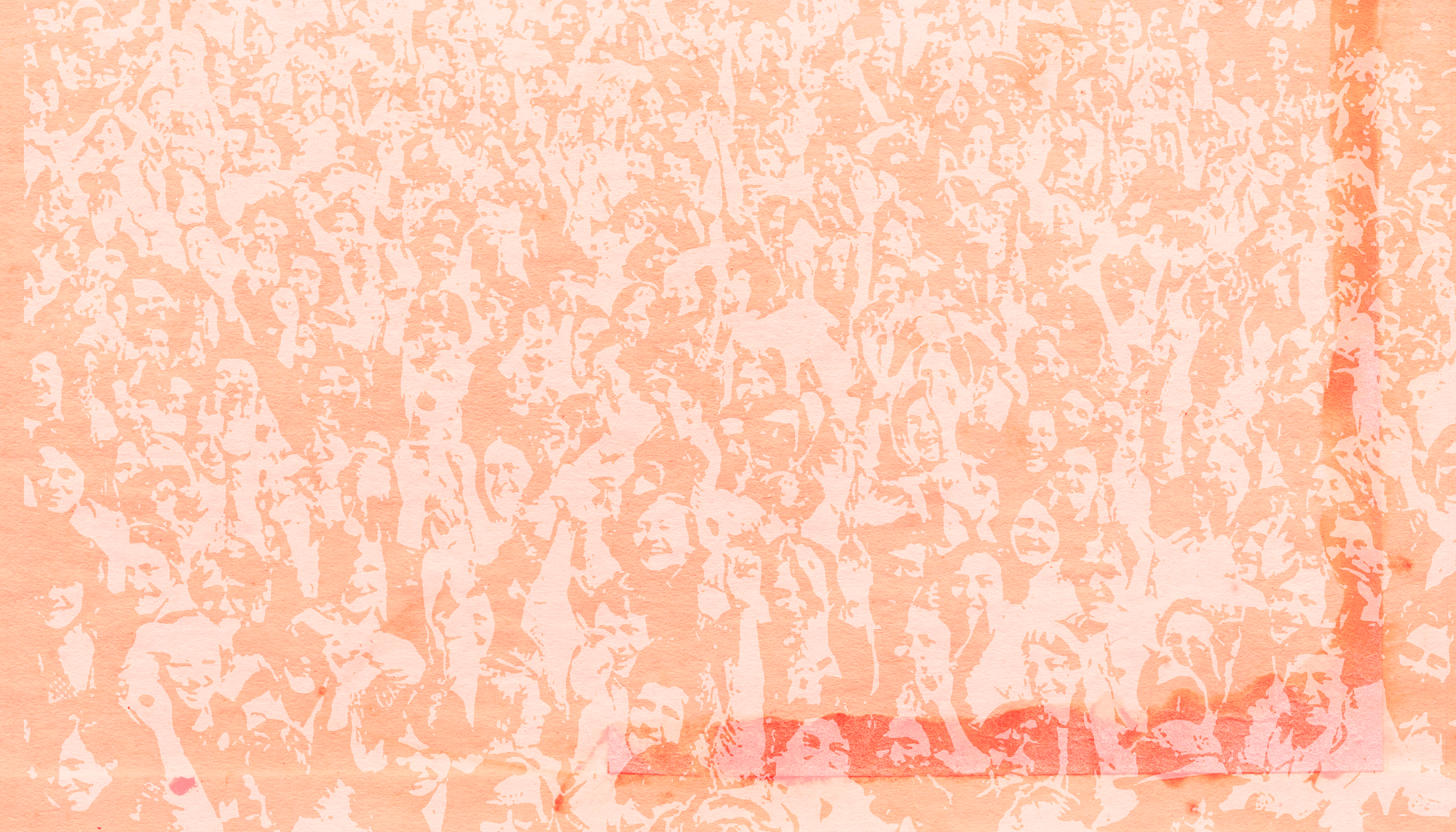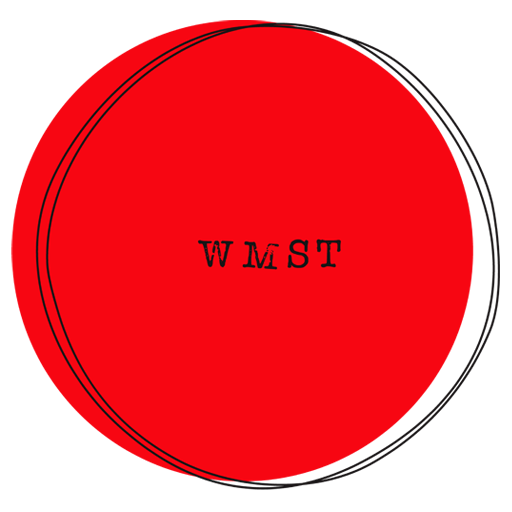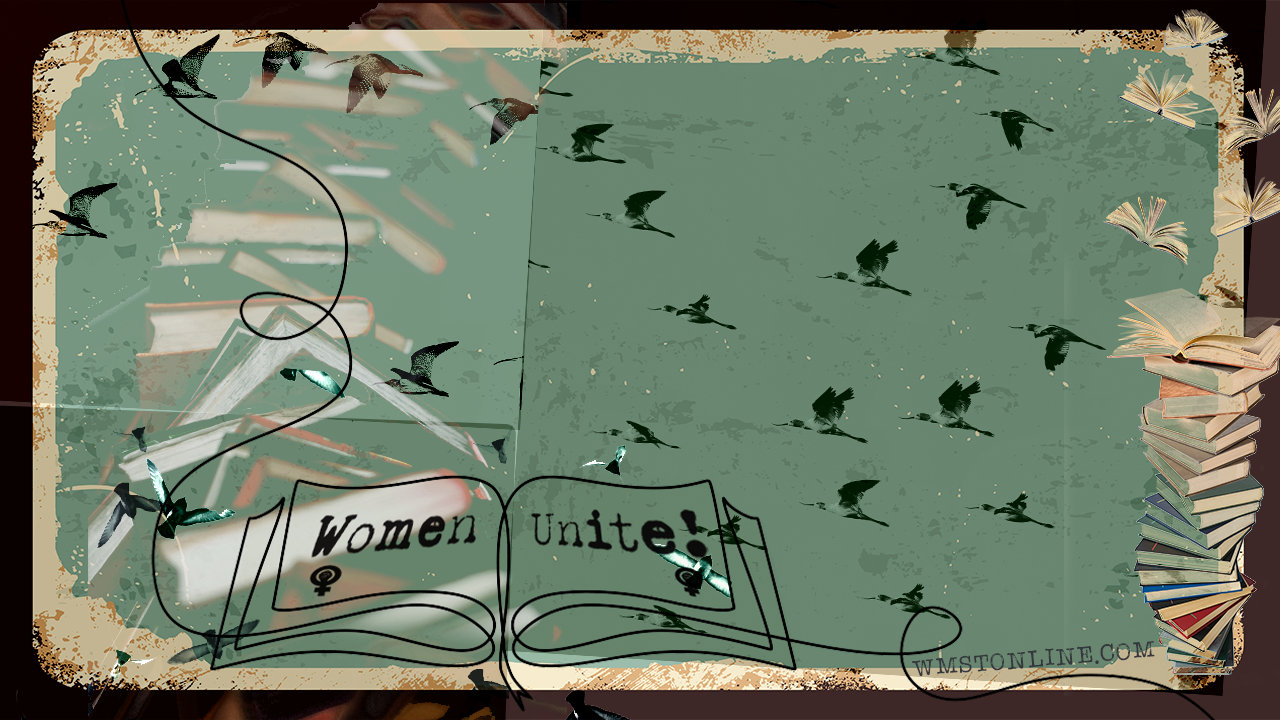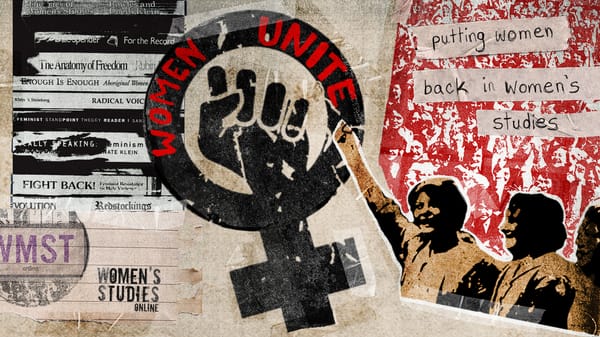Join us Tuesday May 13, 2025 at 1pm EST/10am PST to settle into a supportive space where we process our thoughts on consciousness-raising, critically examine power dynamics, and discuss allyship, accountability and empathy. As we continue to process how our sex (being women) affects all aspects of our lives, we will examine our intersecting identities more closely. This process group will focus on race. Future Sistacircle process groups we will focus on other aspects of identity such as class, sexual orientation, ability, age, and religion. We will continually revisit material in our process groups as unpacking oppression is not a single conversation but rather a commitment to life long learning.
Dialogue Guidelines
To prepare for this feminist process group, please read our Feminist Code Of Participation. As we challenge our belief systems, please keep in mind our shared goal is changing oppressive systems and practices and creating new practices rooted in liberation and transformation. Though strong emotions can arise in processing, we are not here to blame, shame, re-victimize, divide or put anyone on blast in this space. We are here to learn, grow, and engage in self-reflective, political work together.
The following are some reminders for engaging respectfully in conversation:
- Do reflect on your own thoughts, feelings and experiences.
- Don't assume others intentions but do focus on impact.
- Do use "I statements" and take responsibility for your own thoughts and feelings.
- Don't engage in personal attacks.
- Do respect other women in the space by actively listening, giving non-judgemental feedback and showing empathy.
Unpacking Racism
A simple definition of racism is when a person is treated worse, excluded, disadvantaged, harassed, bullied, humiliated or degraded because of their race or ethnicity.
Another more in depth definition is from the Ontario Human Rights Commission which describes racism as "...an ideology that either directly or indirectly asserts that one group is inherently superior to others. It can be openly displayed in racial jokes and slurs or hate crimes but it can be more deeply rooted in attitudes, values and stereotypical beliefs. In some cases, these are unconsciously held and have become deeply embedded in systems and institutions that have evolved over time. Racism operates at a number of levels, in particular, individual, systemic and societal" (2024).
Let's ponder some questions..
- What has been your experience of anti-racism work and/or cross cultural communication?
- Do you remember when you first became aware of race? Do you remember what this process of realization meant to you?
The following is a reflection from Barbara Cameron:
"One of the very first words I learned in my Lakota language was wasicu which designates white people. At that early age, my comprehension of wasicu was gained from observing and listening to my family discussing the wasicu. My grandmother always referred to white people as the “wasicu sica" with emphasis on sica., our word for terrible or bad. By the age of five I had seen one Indian man gunned down in the back by the police and was a silent witness to a gang of white teenage boys beating up an elderly Indian man. I'd hear stories of Indian
ranch hands being “accidentally” shot by white ranchers. I quickly began to understand the wasicu menace my family spoke of... A few years ago, a white lesbian telephoned me requesting an interview, explaining that she was taking Native American courses at a local university, and that she needed data for her paper on gay Native Americans. I agreed to the interview with the idea that I would be helping a “sister” and would also be able to educate her about Native American struggles. After we completed the interview, she began a diatribe on how sexist Native Americans are, followed by a questioning session in which I was to enlighten her mind about why Native Americans are so sexist. I attempted to rationally answer her inanely racist and insulting questions, although my inner response was to tell her to remove herself from my house. Later it became very clear how I had been manipulated as a sounding board for her ugly and distorted views about Native Americans. Her arrogance and disrespect were characteristic of the racist white people in South Dakota. If I tried to point it out, I’m sure she would have vehemently denied her racism” (Barbara Cameron, Gee, You Don’t Seem Like an Indian From the Reservation: This Bridge Called My Back, 2002).
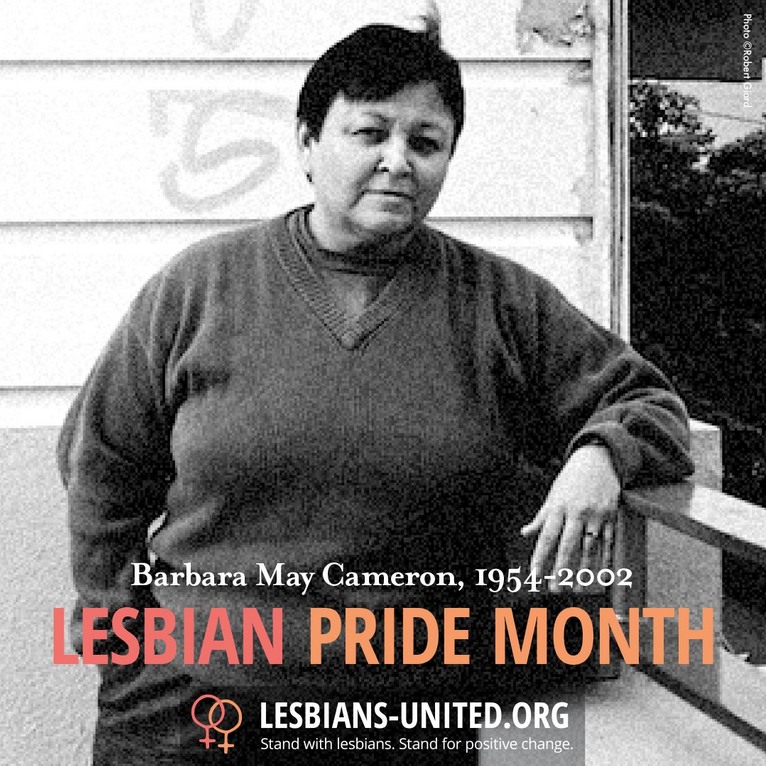
What are your initial thoughts and feelings about the exchange Barbara had during the student interview?
Do you think the student's questions would have been the same if she took time to learn about Barbara's life and views before asking questions/making statements?
Why do you think the student felt it was necessary to say "Native Americans are so sexist" to Barbara? Do you think the student felt Barbara's answers about why men choose sexism was to help her understand why Indigenous men are sexist or all men?
Barbara said she "agreed to the interview with the idea that I would be helping a “sister” and would also be able to educate her about Native American struggles". If you were granted an interview with Barbara Cameron today what kinds of questions would you like to ask her and why?
“For me, forgiveness and compassion are always linked: how do we hold people accountable for wrongdoing and yet at the same time remain in touch with their humanity enough to believe in their capacity to be transformed?” ― bell hooks
FAQs & Code Of Participation
Sistacircle: Every Tuesday At 1PM EST/10AM PST
If you have questions, please read over Sistacircle's Frequently Asked Questions and review our Feminist Code Of Participation.
Sistacircle: Every Tuesday At 1PM EST/10AM PST
